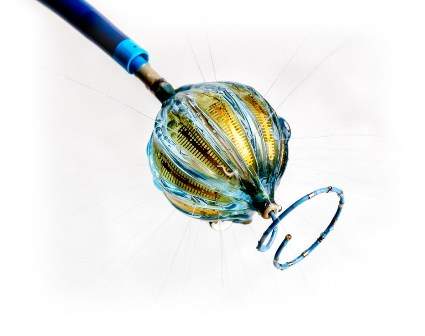
Biosense Webster has recruited and treated the first patient in the study, which is designed to assess the safety and efficacy of Heliostar multi-electrode radiofrequency (RF) balloon ablation catheter to treat symptomatic drug refractory recurrent paroxysmal (intermittent) AF.
The company will recruit around 640 patients in the study at about 40 clinical sites across the world.
St. David’s Medical Center’s Texas Cardiac Arrhythmia Institute executive medical director and cardiac electrophysiologist Dr Andrea Natale said: “The Heliostar catheter design has the potential to overcome the limitations of current balloon ablation catheters, result in fewer catheter exchanges and, most importantly, shorter procedure times.”
Heliostar RF balloon ablation catheter is provided with 10 electrodes, which enable electrophysiologist to offer different levels of energy based on the tissue during lesion creation.
The balloon design provides flexibility to achieve pulmonary vein isolation with a single application of RF energy.
Heliostar is adaptable with the Biosense Webster’s Carto 3 mapping system, which is an advanced imaging technology that allows to create real-time 3D maps of patient’s cardiac structures.
The application of the Carto 3 mapping system during an ablation procedure will help decrease exposure to radiation from fluoroscopy.
According to Biosense Webster, around 33 million people across the world are estimated to live with AF or an irregular heartbeat, which may result in blood clots, stroke, heart failure and other heart-related complications.
Biosense Webster worldwide president Uri Yaron said: “The STELLAR study is an important step forward in expanding treatment options for atrial fibrillation patients in the United States.
“The burden of atrial fibrillation on quality of life, morbidity and mortality is significant and we are committed to developing innovative and life-enhancing technologies that fill important clinical needs, improve care and reduce this burden.”
Biosense Webster collaborates with clinicians to develop advanced technologies for diagnosing and treating heart rhythm disorders.






